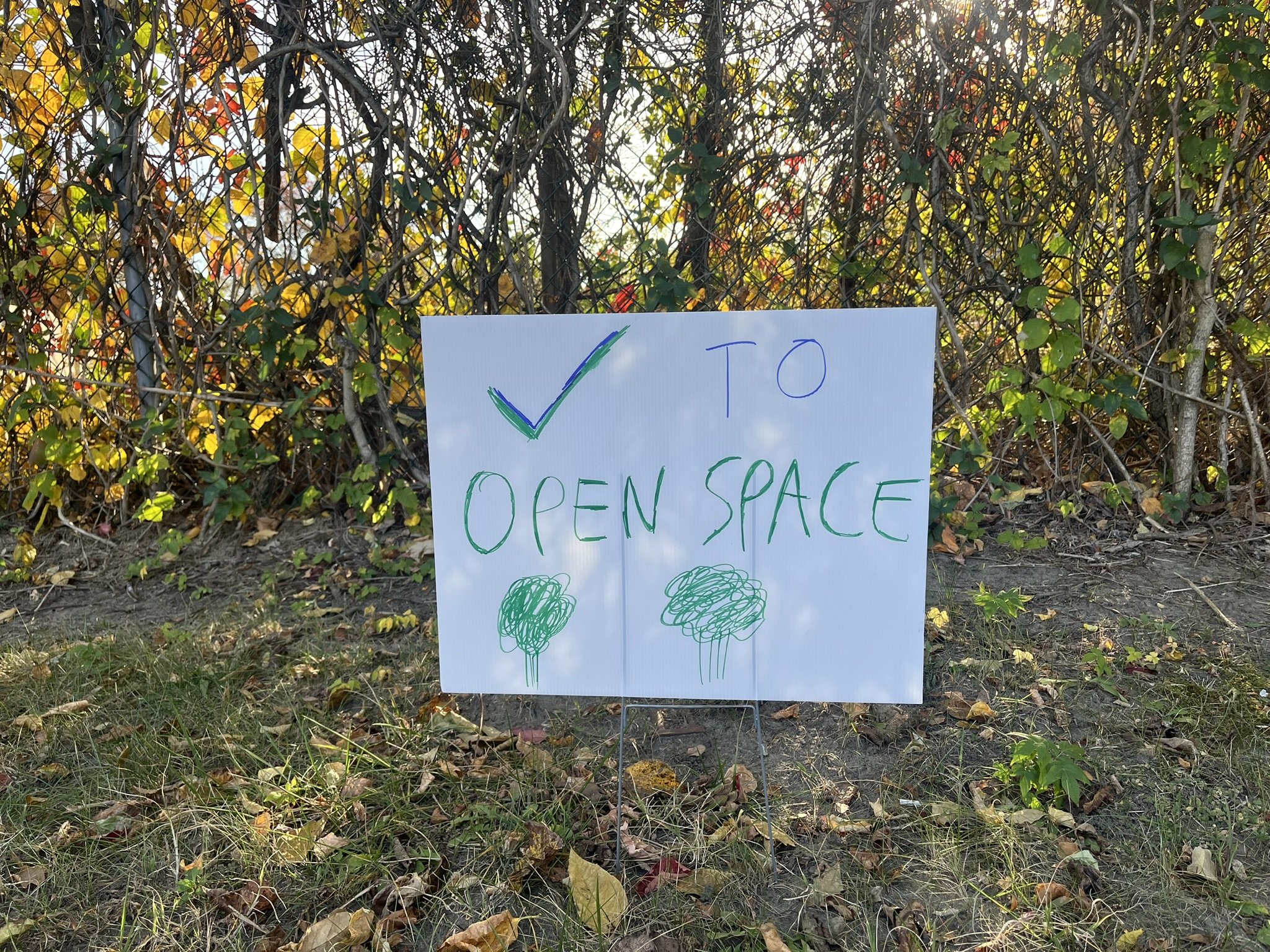By Karen Keene
Founded in 1977, Monmouth Conservation Foundation (MCF) works to create parks, save open space, preserve farmland, teach environmental sustainability, safeguard waterways, and protect wildlife throughout Monmouth County, New Jersey. Our efforts to #KeepMonmouthGreen support outdoor recreation, agriculture, clean water, and wildlife for long-term sustainability.
Photo by Kelsey Knight on Unsplash
A land trust is a nonprofit organization that works with public and private partners to permanently protect land for future generations. Land trusts conserve land with natural, agricultural, recreational, historic, and/or scenic value.
While operating relevant to a community’s needs, whether urban, suburban, and/or or rural, land trusts generally focus on preserving land and natural habitats, protecting waterways, supporting family farms and ranches, providing equitable access to green space, and addressing the impacts of climate change with natural climate solutions.
By partnering with landowners and government agencies, land trusts like MCF act as facilitators to protect land through conservation easements or by purchasing land outright, ensuring the land remains undeveloped, forever. Each opportunity is unique and handled on a case-by-case basis.
Nationally accredited land trusts, like MCF, are bound by the highest national standards for excellence and conservation permanence and follow guidelines set forth by the Land Trust Alliance.
MCF’s vision is to lead conservation and education efforts to preserve and protect our natural environment, so all individuals and communities have access to and can benefit from open space and nature for generations to come. The nonprofit is working toward a goal for every Monmouth County resident to have access to green space within ten minutes’ walking or biking distance from their homes. This work is primarily focused on underserved communities.
Red Bank’s former landfill being transformed into a community park with MCF’s help. Photo by Fred Yahn, Eagle Drone Solutions.
Hunts Crossing 84-Acre Easement at McClees Creek, Middletown Township. Photo by Fred Yahn, Eagle Drone Solutions.
To date, MCF has worked alongside partners at the federal, state, county, and municipal levels, as well as with nonprofit and community organizations, to permanently preserve nearly 9,700 acres (about the size of 11 Central Parks) of open space and farmland in Monmouth County.
This work is critical because the Garden State is the most densely populated state in the nation, and according to land-use experts, New Jersey will be the first state to exhaust its supply of land available for development.
Handmade sign spotted during the fall 2024 election season, encouraging NJ voters to support open space programs. Photo by Karen Keene.
Land preservation is also valuable because it affords countless benefits to society:
The health of our natural environment impacts the quality of the air we breathe, the water we drink, and the wellbeing of future generations.
Land preservation and the implementation of natural climate solutions protect ecosystems and combat the devastating effects of climate change like flooding, erosion, and damaging storms.
Saving farmland – what little is left – helps uphold our region’s pastoral character and agricultural roots; maintains fresh, healthy food sources; and supports local family farms.
By protecting natural habitats and safeguarding waterways, we provide a haven for wildlife and plant life – including threatened and endangered species facing potential extinction.
Green spaces are not only beautiful; they increase property values, boost the economy, and offer a variety of health benefits.
By exposing children to our natural world through educational programs, we plant the seeds of curiosity, a sense of wonder, and appreciation for nature – fostering the future stewards of our land.




